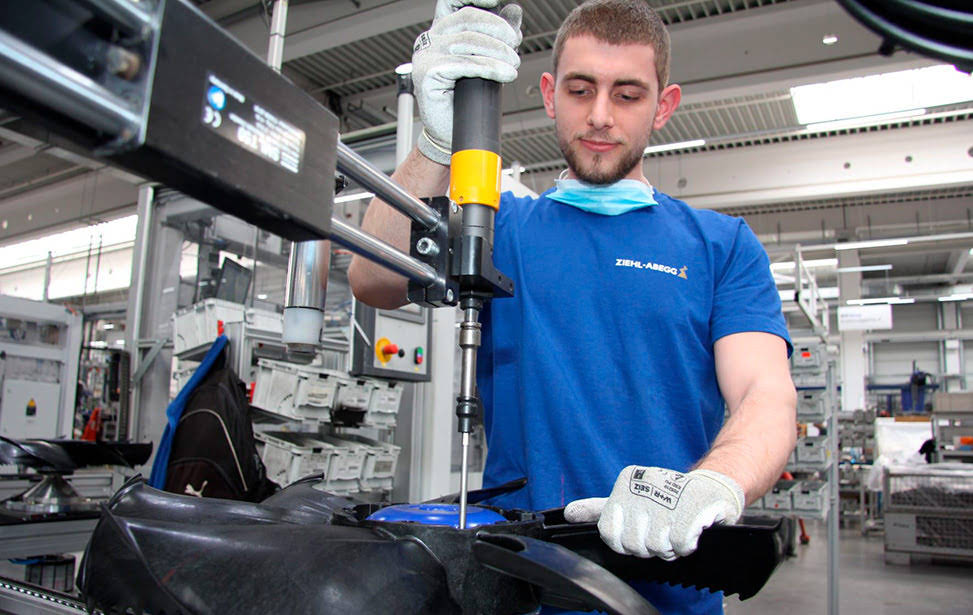- English

“In view of the problems with global supply chains, we took a cautious approach at times and ultimately managed to do pretty well in terms of sales.” That’s how CEO Peter Fenkl describes the year 2021. The electric motor and fan manufacturer in Southern Germany generated sales of EUR 716 million (previous year: EUR 639); the number of employees worldwide rose to 4,700 (previous year: 4,300).
Fenkl describes the earnings situation as “more than difficult” as the supply chain problems not only had an impact on delivery times but on pricing as well. “Some suppliers had already increased prices so quickly towards the end of 2020 and then repeatedly in 2021 that we were unable to pass these on to the market on a 1:1 basis.” Based on the experience in the first quarter, the manager knows that this situation will become more acute in the current year. “I’ve never experienced anything like this before,” says Fenkl, who has now been at the helm of the family business for more than 20 years.
Ziehl-Abegg is regarded as a company with a high level of vertical integration. “We now want to expand this even further,” says Fenkl. However, growth at the headquarters in Hohenlohe is problematical as there is a serious shortage in the availability of the necessary additional workers there. The intention therefore is to expand existing production facilities and establish new production sites. “Additional production sites will bring us closer to our customers.”
The 11.9 percent growth in sales last year provides a good base for further growth. Ventilation systems were the sales driver in the year just past, contributing EUR 637 million to the overall result. The company CEO holds no illusions about the challenges that lie ahead. “Work shifts are currently being repeatedly cancelled because of a lack of components – how can you realistically plan and how are you supposed to satisfy your customers?” he asks. Traditionally, the company does not provide any information on earnings.
Ziehl-Abegg employs 2,600 people in Germany, 200 more than a year ago. The number of employees worldwide rose from 4,300 to 4,700. Since employees of the baby boom era in Germany are now increasingly reaching retirement age, this is having a direct impact on the available workforce potential. “Companies must therefore openly target Generation Z, the post-millennials.” explains Fenkl. “We mustn’t persist with old ways of thinking but instead take the wishes and needs of young people seriously.”